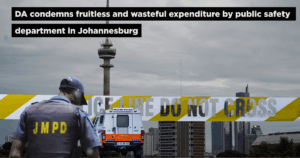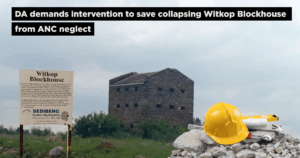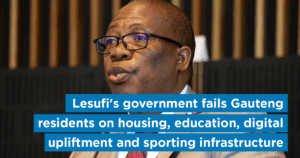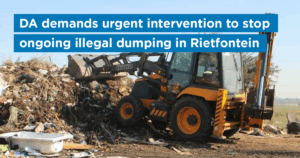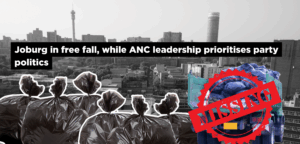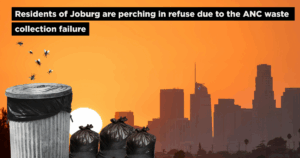The Gauteng Provincial Government (GPG) has chosen to bulldoze the Basic Education Laws Amendment (BELA) Bill through without considering public feedback, disregarding the voices and will of the people of Gauteng.
The decision came earlier this week during the Education Portfolio Committee meeting, where the ANC supported the Bill in its entirety and rejected the negotiating mandate that contained constructive public amendments endorsed by the DA and other minority parties.
In the face of immense public outcry, with over 4000 written and oral submissions, most of which strongly opposed the Bill, the ANC proceeded to bulldoze the Bill in its entirety, arrogantly disregarding the input from various industry stakeholders, civil society, and directly affected parents, who made substantive submissions on religious rights, language rights, and right to association positions.
The blatant disregard for public opinion suggests that the entire process in Gauteng was merely a tick-boxing exercise, revealing the utter disdain that the incompetent Gauteng government has for its people and the public engagement process outlined in the South African Constitution.
It is noteworthy that the negotiating mandate, while addressing the DA’s concerns with the problematic clauses in the bill, also incorporated concerns from the public regarding homeschooling, religious schooling, developmental challenges, and school procurement. Nonetheless, it was completely disregarded in favour of a bill that grants additional authority to politicians and unelected officials to dictate various aspects, disregarding parental rights and elected School Governing Bodies (SGBs). This creates a potential for corruption, intimidation, and misconduct.
The DA remains convinced that the BELA Bill is pertinently unconstitutional and unfunded, which will end up with years of litigation in the Constitutional Court while costing Gauteng residents millions of rands, which could have been more constructively focused on improving disadvantaged and underperforming schools.


